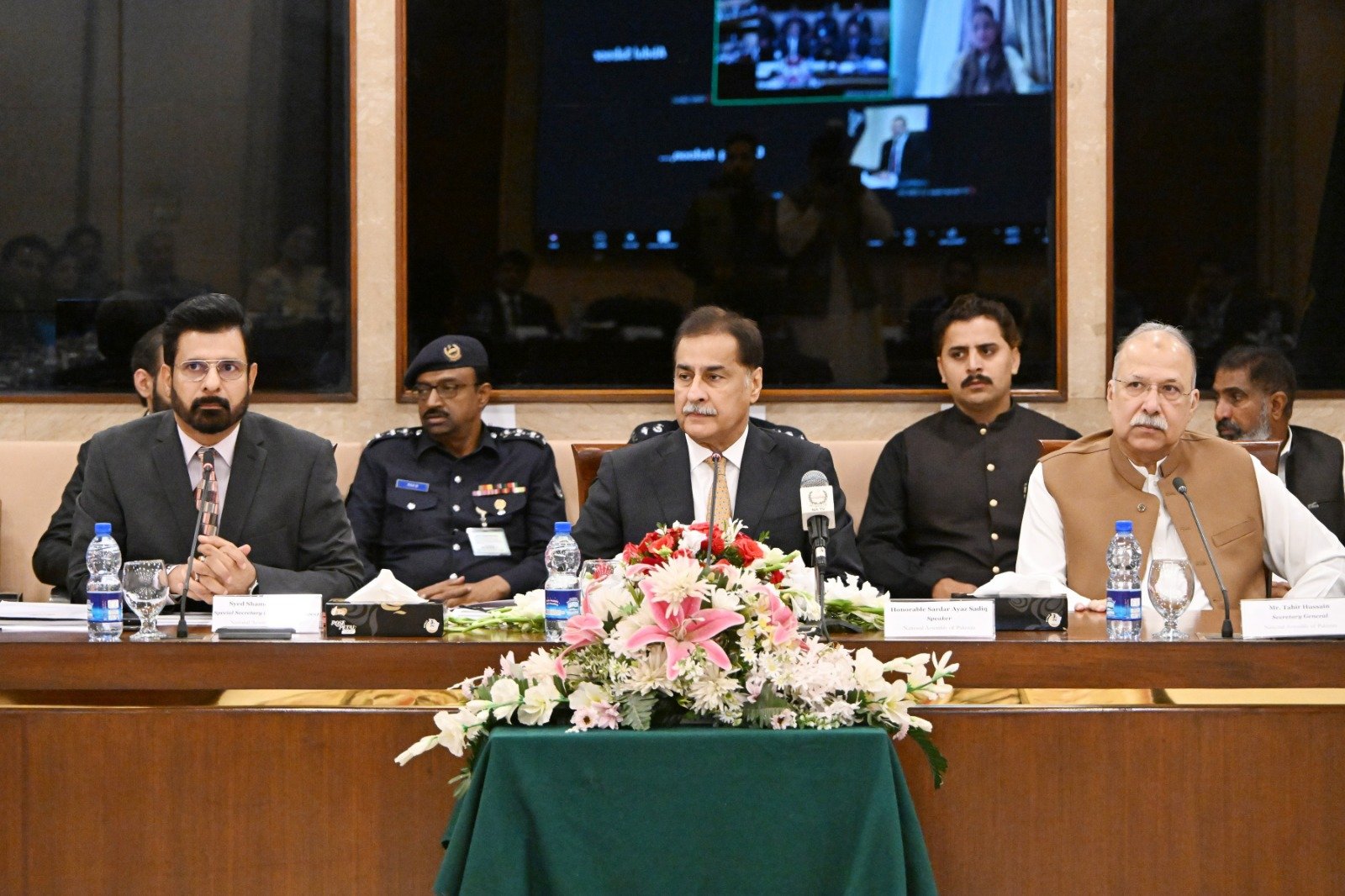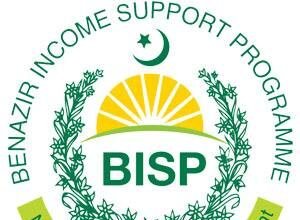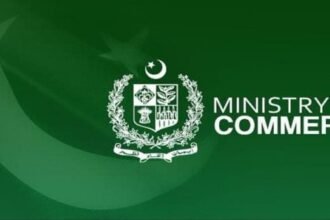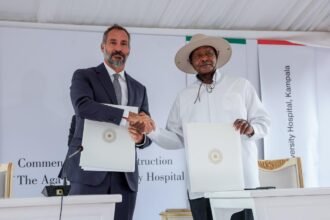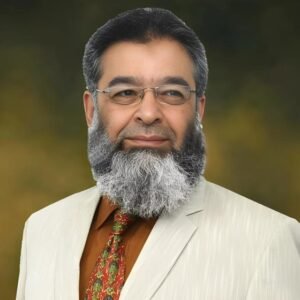
By Muhammad Mohsin Iqbal
In 2003, when I first assumed my responsibilities as a Research Officer National Assembly, I quickly realized the foundation of my work rested on the Constitution of Pakistan and the Rules of Procedure. Every assignment, reference, and note for the House required careful study of these guiding documents. One of my constant companions was the renowned book Practice and Procedure of Parliament by M. N. Kaul. It served as both compass and lighthouse in the vast sea of parliamentary practices. Yet books alone could not always capture the subtle nuances of real-time parliamentary affairs.
In such moments, I sought guidance from the Worthy Secretary, Mr. Karamat Hussain Niazi. His deep understanding and calm advice helped untangle many complexities. Alongside him stood Mr. Muhammad Mushtaq, a living encyclopedia of Parliamentary Affairs. His remarkable memory and clarity of thought turned even the most complex legislative riddles into simple solutions. My intellectual bond with him, forged in those early years, endures to this day.
The dedication of these two guardians of procedure was extraordinary. During House proceedings, their alertness in advising the Speaker was unmatched. Their unwavering reliance on the Constitution and Rules served as an inspiration. Their example taught me a vital lesson: in parliamentary life, knowledge of the framework is not a luxury but a necessity. Without it, one risks stumbling in the dark.
This truth was reinforced by Speaker Sardar Ayaz Sadiq. He candidly admitted that when he first entered the Assembly in 2002, he was unfamiliar with the Constitution and Rules. Soon, however, he realized he could not perform effectively without understanding them. On his journeys from Lahore to Islamabad, he immersed himself in these texts. Travel hours became sessions of serious study. His reflection was apt: stepping into parliamentary life without this knowledge is like riding a horse without a bridle—directionless and unsafe.
When fate entrusted him with the Speakership in 2013, his reverence for constitutional knowledge translated into action. His tenure became known for bold and forward-looking decisions. One of his earliest reforms was transferring recruitment authority in the National Assembly to the Federal Public Service Commission. This move brought transparency and merit to the process. He also introduced solar energy to meet the Assembly’s needs, a step far ahead of its time. Another milestone was the establishment of the Sustainable Development Goals (SDGs) Secretariat, which aligned parliamentary work with the global agenda. It was the first of its kind in the region and later admired internationally.
Perhaps his most lasting contribution came in the realm of education. In 2015, he pioneered the inclusion of Parliamentary Studies in academic curricula. He gathered Vice Chancellors, teachers, and education experts from across the country. Together they laid the foundation of an initiative that aimed to shape not only minds but also character.
The importance of this step cannot be overstated. A democracy thrives only when citizens understand its framework. The Constitution is not just a legal document—it is the soul of the state, the collective will of the people, and the safeguard of rights and liberties. The Rules of Procedure are not mere technicalities. They are guiding principles that ensure order and fairness within the legislative process. Ignorance of these weakens democracy, but informed citizens become guardians of rights and active participants in governance.
Sardar Ayaz Sadiq’s vision did not stop in 2015. A decade later, he revived the project with renewed vigor. Once again, he invited Vice Chancellors, professors, and experts to review its progress. The consensus was clear: parliamentary studies must not only continue but expand. Each new generation must grow with civic duty, awareness of rights, and respect for democratic norms. From these seeds, it was hoped, would emerge responsible citizens and future parliamentarians of integrity.
Thus, from the quiet study of books in 2003 to the reforms of 2013 and beyond, this journey reveals a larger truth. The health of a democracy depends not only upon leaders but also upon its citizens. Every Pakistani must acquaint themselves with the Constitution and the parliamentary framework. Without knowledge, freedom is fragile. Without understanding, democracy is hollow. For Pakistan to progress, its people must not remain passive subjects of governance. They must become enlightened participants. Only then will the Assembly grow stronger, the citizenry more responsible, and the nation stand secure upon the twin pillars of rights and duties.


